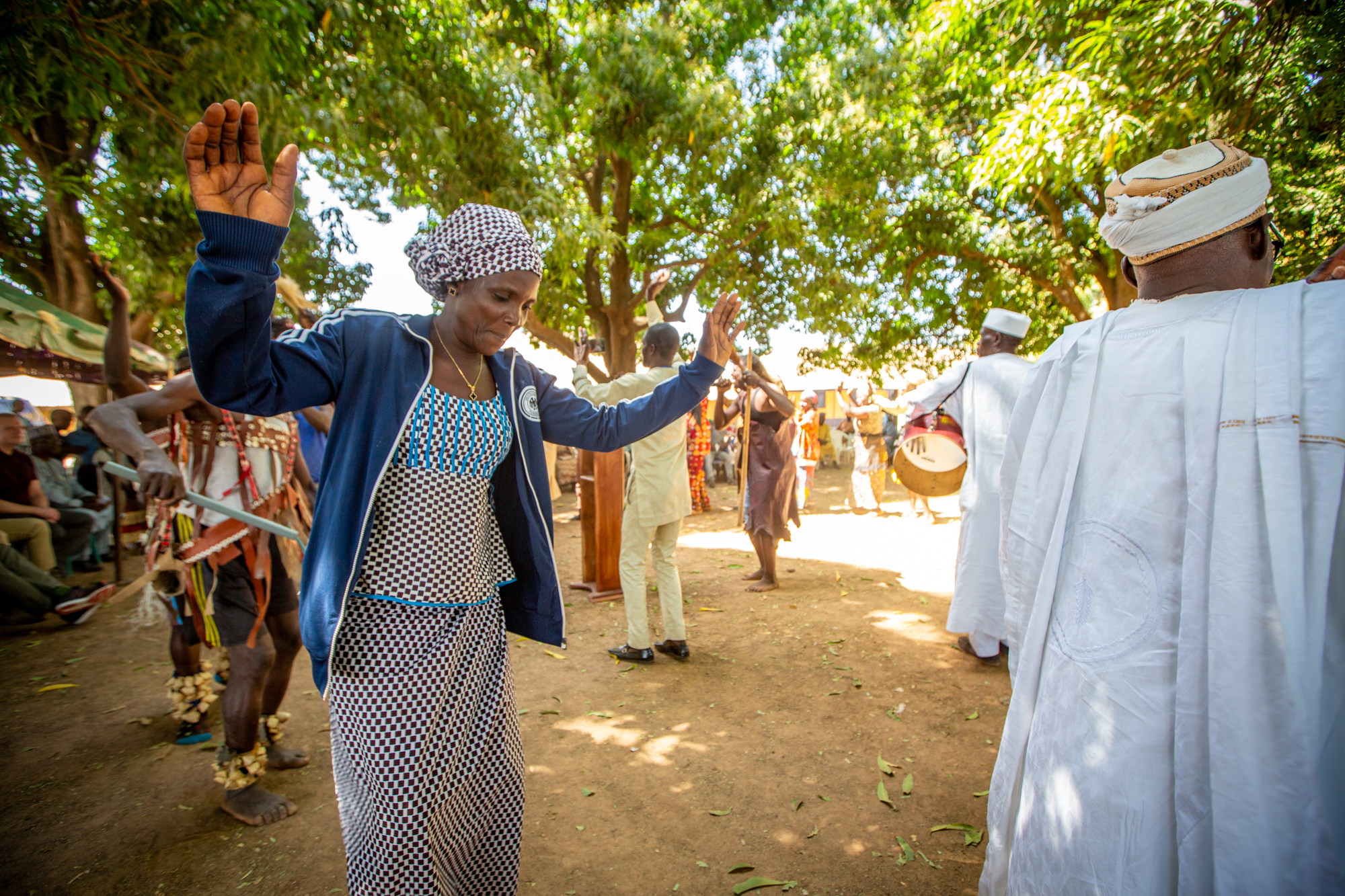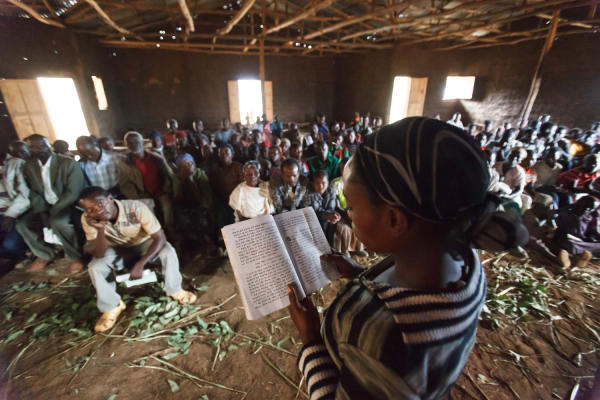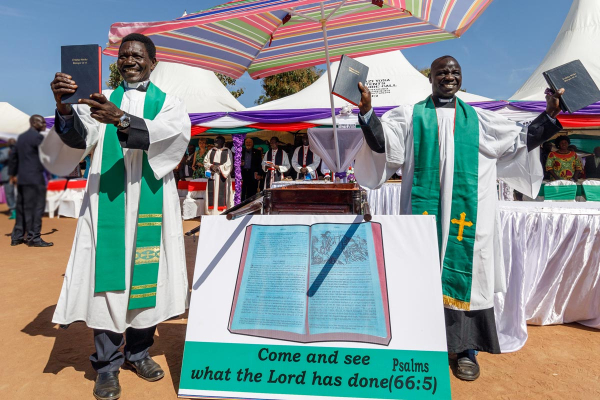God Is on the Move: A Rhythm of Celebration

Celebration is a theme that runs throughout the Bible: everything from King David dancing before the Ark of the Covenant to the angels rejoicing at the birth of Jesus Christ.
Throughout Scripture, we see different types of celebrations: some as remembrances and some as responses. Let’s take a look at why both are important.
Celebrations as Remembrances
The concept of celebrations as remembrances began with the Passover in Exodus 12. Passover was meant to be a perpetual reminder of what God did in Egypt, and celebrating it would create a rhythm of reflecting on what God had done in the past and sharing that testimony of faithfulness to future generations.
In Leviticus, God laid out even more festivals and celebrations for the Israelites — all with the theme of remembering what He had done in the past and rejoicing in who He is in the present. God knew His people would need constant reminding of this. After all, they started complaining about missing Egypt as soon as the hardships of the desert set in. Talk about short-term memory!
Today the Church celebrates through believers gathering for a time of worship and teaching, typically on Sundays. This rhythm creates a routine of celebration, helping us remember what God has done in the past and encouraging us to keep our eyes fixed on Jesus in the present.
Celebrations as Responses
We also see in Scripture that celebration can be very spontaneous and reactive to a situation or circumstance. When the Ark of the Covenant was being returned to Israel, King David “danced before the Lord with all his might …” (2 Samuel 6:14, NLT). David also celebrated through authoring many psalms, rejoicing in God’s faithfulness and goodness — both personally and for the Israelites collectively.
On the night Jesus was born, the angel of the Lord appeared to the shepherds and declared the good news. The angel was then “joined by a vast host of others — the armies of heaven — praising God and saying, ‘Glory to God in highest heaven, and peace on earth to those whom God is pleased’” (Luke 2:13-14, NLT). The arrival of Jesus elicited such joy and wonder that the very angels of heaven came to declare the news to God’s children!
Whether through words of praise, song, dance or emotions such as sheer elation, God has wired us at our very core to celebrate Him.
Creating a Rhythm of Celebration
We can integrate celebration into our lives by creating the habit of intentionally looking for where God is showing up and moving. Celebration doesn’t have to just be a big party; often it’s a simple “Thank you, God! I see your fingerprints all over this situation.”
At Wycliffe, we host Scripture Celebrations each year. Historically, these celebrations have been opportunities to thank God for Scriptures that were recently completed, dedicated and distributed in communities around the world. Those are celebration-worthy moments, and we look forward to rejoicing with communities who have encountered Jesus through Scripture in a language and format they understand.
We’re also celebrating things like:
- The number of countries that have achieved — or are close to achieving — a major milestone: to have a translation program in progress in every language still needing one by the year 2025. Check out our global map to see the “Countdown to Vision 2025,” and rejoice with us at what God is doing.
- The new languages that were engaged in the past year alone, including communities that received Scripture for the very first time! It’s a result of working in partnership with others to see God’s name declared among the nations.
- Regional strategies that are helping Wycliffe and our partner organizations find catalytic and innovative ways to accomplish Bible translation at an accelerated pace. One example is the Veditz Cluster Regional Plan, the single largest Bible translation initiative ever undertaken among Deaf people. Veditz seeks to engage and mobilize Deaf churches and communities who sign 49 different languages used by more than 886,000 Deaf people in 46 different countries. This bold strategy is possible because all 49 of these languages are influenced by American Sign Language! It will address almost 20% of the remaining sign language translation needs.
These are only a few examples of the way that God is on the move and they are all cause for celebration.
That’s why it’s so important to create a rhythm of celebration in our lives: Like the Israelites, we are prone to forget what God has done. But together, we can remember that God is on the move — and that’s always worth celebrating!
Sign Up for Weekly “God Sightings” Text Messages
Each week, you can receive an update on what God is doing around the world — directly to your phone! Stay informed, inspired and encouraged by the latest news, and join us in praying for God’s name to be made known among the nations through the work of Bible translation.
Text JOURNEY to 407-358-0916.






